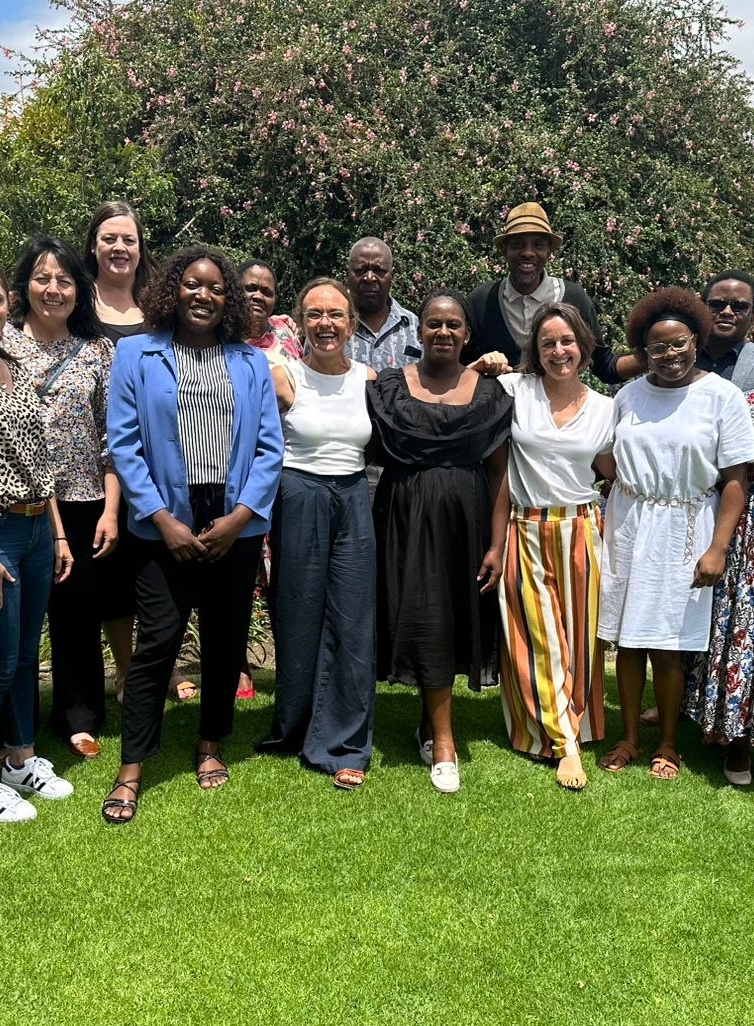The role of quality assurance and the EU Novel Food Regulation
Stakeholders from across southern Africa gathered in Limpopo from 6-7 November for a pivotal workshop on obtaining Geographic Indicator status for Marula. It was organised by the Swiss-South African Intellectual Property Project (SSAIP) in collaboration with the Access and Benefit-Sharing Compliant Biotrade in South(ern) Africa project (ABioSA).
The workshop focused on three important initiatives reflected in the Sector’s Development Plan namely; Geographical Indications (GI), Novel Food registration for the European Union as well as the botanicals Trusted and Authenticated Fingerprinting project (b-TAF). From these initiatives, ABioSA has been supporting with the last two as part of contributing towards the development of strong foundations for the Marula industry's international growth.
At the core of the EU Novel Food application initiative lies a comprehensive approach to market access. While Marula oil is already registered and approved for export into Europe, the Novel Food application will open up new markets for the sector by widening the range of Marula products. During the workshop, the results from the study on the Substances of Concern were discussed, along with future plans regarding the communication of the EU Novel food application to potential industry collaborators. An informative discussion on the potential structure in the form of a Food Business Operator to serve as the notifier and market representative for the application also occurred
The Botanicals Trusted and Authenticated Fingerprinting (b-TAF) project, implemented in collaboration with Precision Oil Laboratories, was also discussed. This project tackles the critical challenge of oil adulteration and aims to enhance the reliability and accuracy of oil authentication. The b-TAF authentication process represents a significant advancement in quality control, aiming to achieve 80-90% accuracy in detecting adulteration. During the workshop, the b-TAF website - which enables a free high-level assessment of oil samples against a limited set of quality and composition parameters - was launched. The goal is to create an open-source database which project partners and their members can use to verify the authenticity of their oils.
From the above it is clear that combining market access initiatives with quality assurance initiatives sets a new standard for indigenous product development. The EU Novel Foods registration opens new market pathways, while b-TAF authentication ensures product integrity and builds consumer trust. By focusing on tangible instruments and the industry’s collective strengths, there is a strong and promising future for Marula products on the global stage.
The workshop served as a critical foundation for strengthening regional collaboration and creating sustainable opportunities for southern Africa's bioeconomy. Kruger Swart & Associates was responsible for the development and implementation of the two-day engagement. The SSAIP project is implemented by the Swiss Federal Institute of Intellectual Property (IPI) and the ABioSA project is implemented by GIZ, both projects are funded by State Secretariat for Economic Affairs.
November 2024
